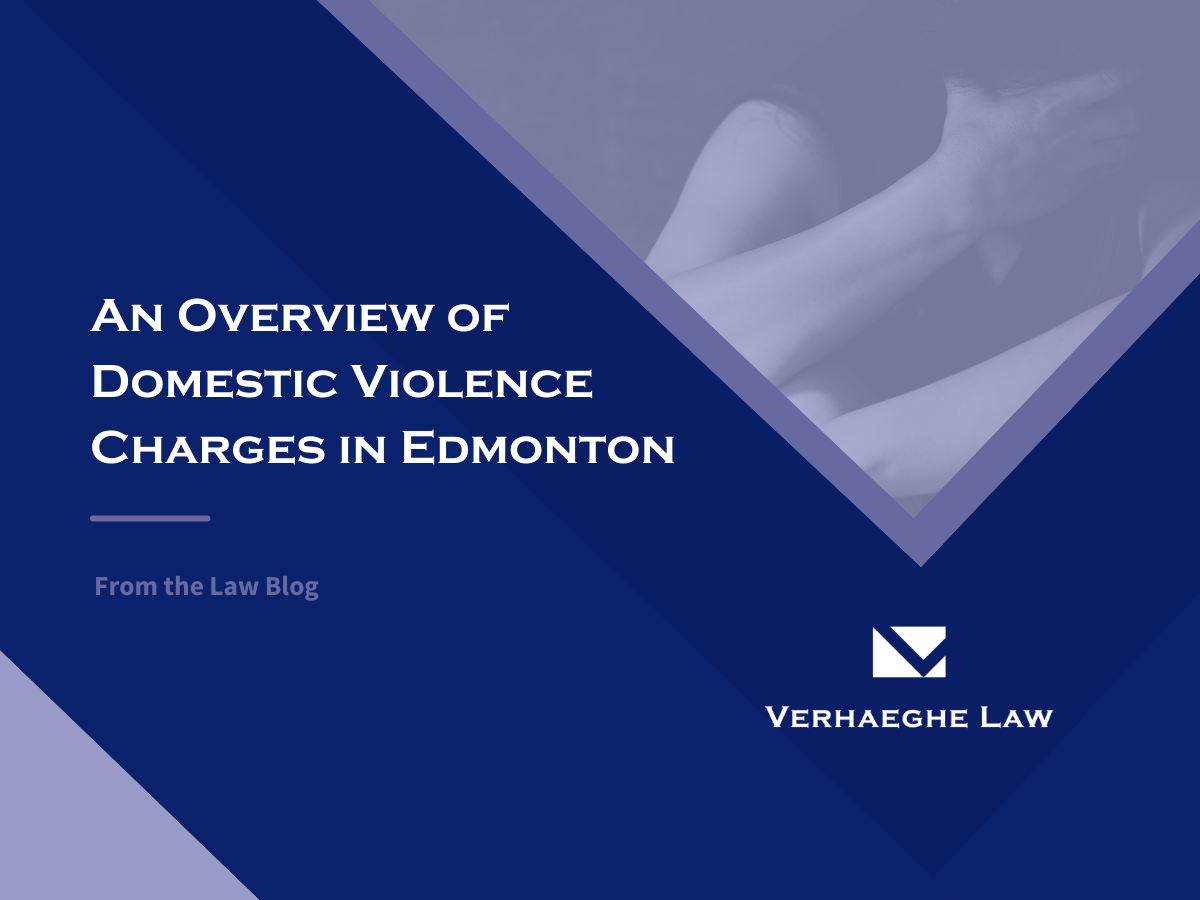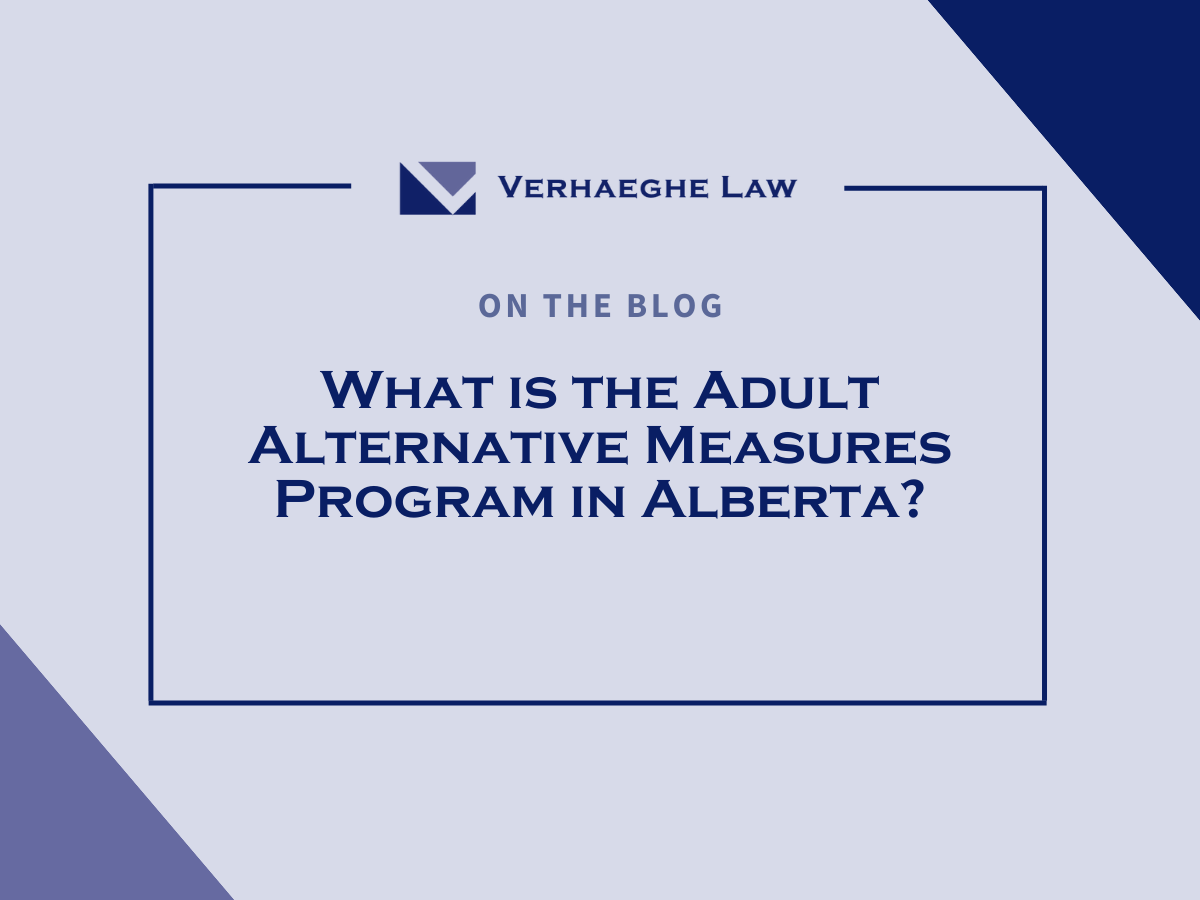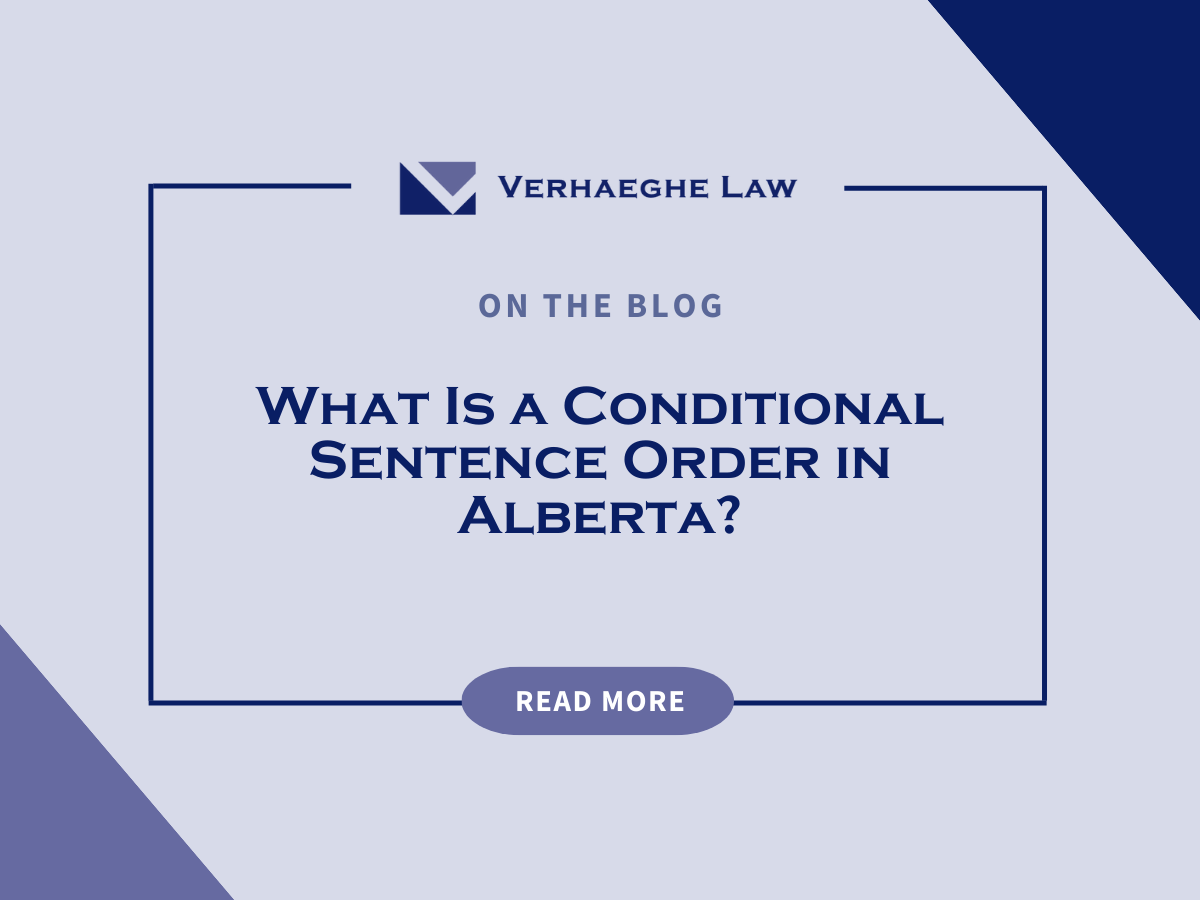An Overview of Domestic Violence Charges in Edmonton

Domestic violence can happen in many different kinds of relationships, including spouses or adult interdependent partners, between a parent and a child, and siblings. It can occur as a single event, or over the course of a long time. Domestic violence can involve physical and non-physical abuse, including threats, sexual assault, financial abuse, harassment, and more.
If anyone is in immediate danger, call 911. Domestic violence is a serious crime.
The intimate nature of domestic violence can make it particularly difficult for survivors to escape the abuse, as power dynamics within familial relationships may keep survivors silenced. Women and girls comprise two-thirds of those targeted by domestic violence in Canada.
Any criminal allegation should be treated seriously. Often, individuals facing charges of domestic violence have never before been charged with a criminal offense. If convicted, the accused may face substantial jail time.
Whether you or someone you love are facing allegations of domestic violence, or if you are a survivor looking for support in seeking justice, contact us today to book a consultation and learn how our Edmonton criminal lawyers may be of service to you.
What Is Assault in Canada?
Under the Criminal Code, assault is the non-consensual application of force or threat of forcefully touching another person. It is a broad category. Assault can be a physical altercation that causes serious, potentially life-threatening, injury. A perpetrator may likewise face assault charges after implying or attempting to imply the intention to cause physical harm.
By Canadian law, assault can take place in different forms:
- Assault with a weapon, which can be any item used to cause physical harm. It may involve traditional weapons such as a gun or knife, but is not limited to such
- Aggravated assault, in which the target of the assault is wounded, disfigured, maimed, or otherwise faces a life-altering adversity as a result of the assault
- Sexual assault, which involves the violation of a person’s sexual integrity
- And more
To learn more, including what these definitions may mean in your case, schedule a consultation with one of our Edmonton criminal lawyers today.
Defining Domestic Violence
There is no specific charge under Canada’s Criminal Code that pertains to domestic violence. Depending on the circumstances, an alleged perpetrator who has committed domestic violence may be charged with assault. The relationship between the complainant and the accused is a factor in the court’s decisions regarding the charges.
Other charges that may be related to domestic violence include mischief to property, unlawful confinement, intimidation, and more. Contact us today to discuss your particular circumstances, and learn what may be relevant in your case.
How Does Bail Work In a Domestic Violence Case?
Because of their intimate nature, cases of domestic violence often raise safety concerns that require specific precautions when it comes to bail. The person accused of domestic violence is typically forbidden to return to the family home or visit the complainant’s place of work.
Other bail conditions may include:
- No-contact conditions, meaning the accused may not communicate in any way (directly or indirectly) with the complainant - even if the complainant attempts to initiate contact
- No alcohol and/or drug consumption
- Curfew
- No contact with children
- Or more
You must follow all the conditions of your bail, and attend all your court dates. With the assistance of an Edmonton criminal lawyer, you may be able to lift certain bail conditions through effective negotiation. Contact us today to learn how we might be able to help.
A Complainant’s Rights
In many domestic violence cases, the complainant is in a particularly vulnerable position. They may be involved in an ongoing relationship of some form with the accused. There may be a power imbalance that has prevented the complainant from being able to access support. In some cases, the complainant may wish to continue some form of a relationship with the accused.
There are supports available through organizations like the Edmonton John Howard Society’s Domestic Violence Prevention Centre, which provide information and guidance to individuals affected by domestic violence.
If you are a survivor of domestic violence, it may be in your best interests to speak with an Edmonton criminal lawyer to discuss your options. We approach each case with dedicated care, working to better understand the nuances of your situation. Your Edmonton criminal lawyers may be pivotal in helping you navigate contact with the Crown office regarding your case.
Because domestic assault charges fall under the Criminal Code, the Crown may proceed with charges even if the complainant asks that they be dropped.
Contact Our Edmonton Criminal Lawyers Today for a Consultation
Domestic violence is a serious crime and should be addressed with informed action. If you or someone you love are a survivor of domestic violence, our team of Edmonton criminal lawyers are here to listen to your circumstances and see how we may be of help. If you have been accused of domestic violence, our Edmonton criminal lawyers may be able to help clarify the particulars of your case in the service of justice. Contact us today to schedule your consultation.
** Please note, this article is intended as a general overview on the subject of domestic violence charges in criminal law, and is not intended to be legal advice. If you are seeking legal advice, please consult with an Alberta criminal lawyer.



